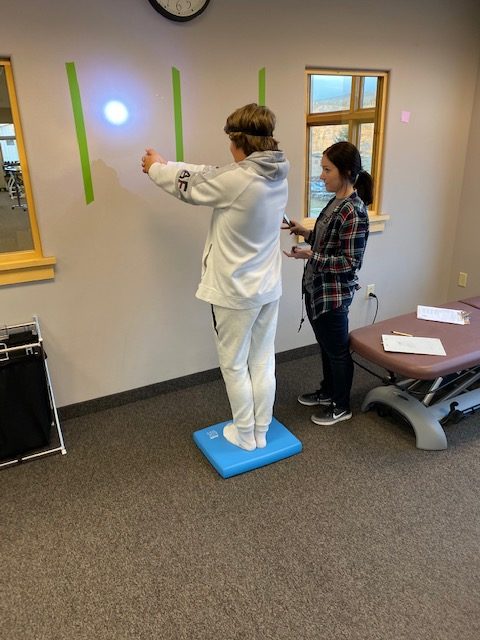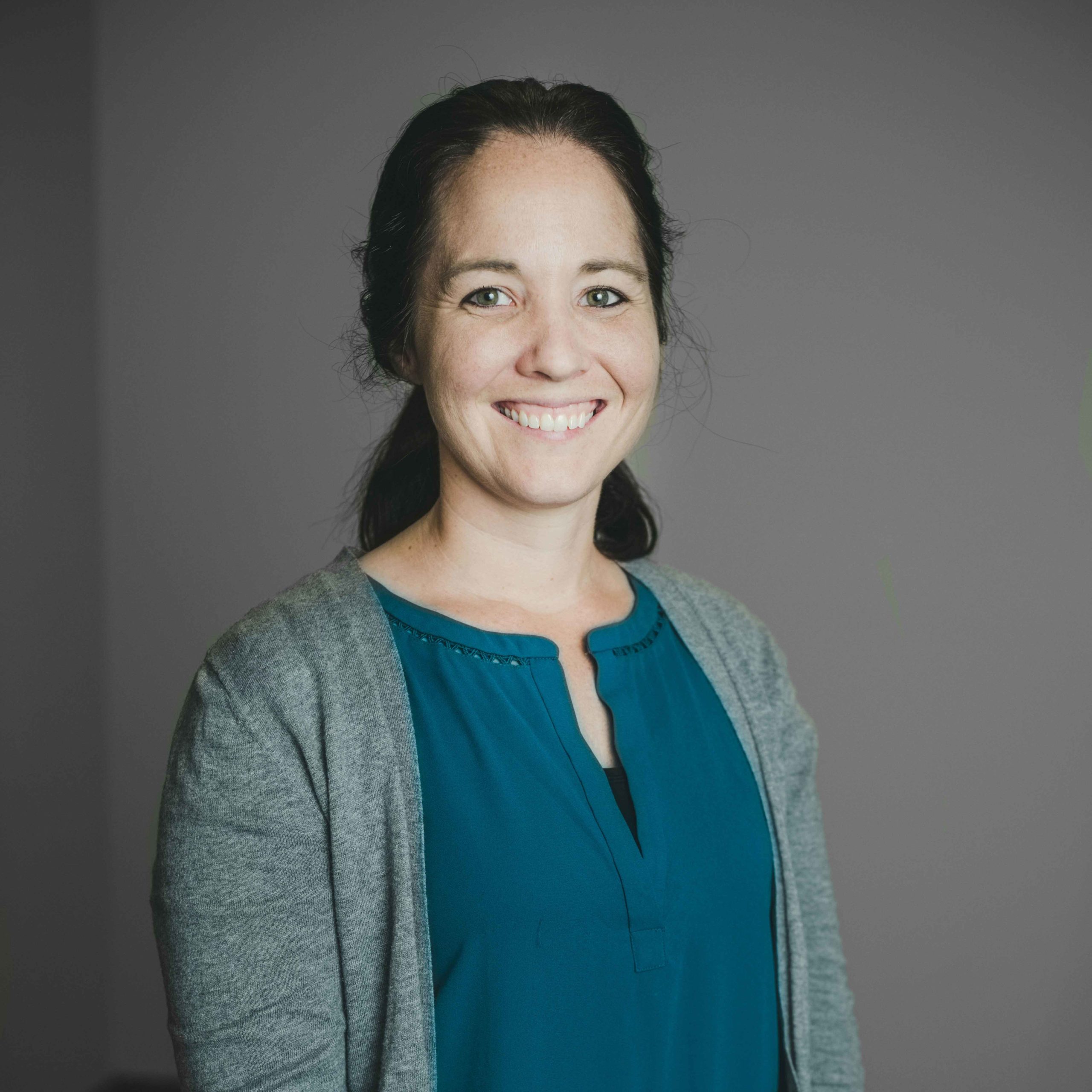As our community continues to trudge through the COVID-19 pandemic together, the vision of what back-to-school and back-to-school activities will look like continues to be unknown. Usually as we prepare to head back to school, we think about gearing up for school year academics, Friday night games, and gatherings with family and friends.
With our community’s return to team sports and other high-impact activities, an increased understanding of concussions and concussion management will help prepare you and your family in the event that you or a loved one suffer a concussion.
A concussion is defined by the CDC as a “bump, blow, or jolt to the head or by a hit to the body that causes the head and brain to move rapidly back and forth”. The CDC estimates as many as 3.8 million concussions occur in the U.S. annually through sports and recreational activities. However, only a few of these concussions are recognized by athletes, coaches, parents, and ultimately are treated by medical professionals.
A concussion may or may not involve loss of consciousness. Most concussions resolve in 2 weeks or less, but evidence suggests that prolonged recovery time varies for 10-20% of concussion cases. A history of a concussion, female sex, younger age, attention-deficit hyperactivity disorder (ADHD), history of migraine, and genetics may all be associated with prolonged recovery from a concussion.
One of the most critical tools to improve concussion management is to educate individuals to be able to recognize the symptoms, and then for the injured person to be properly evaluated for a concussion. Proper management is the ultimate goal to reduce the length of time and recovery from a concussion.
Here at APRS we have implemented baseline concussion exams to more accurately treat individual concussions. We have four trained and certified vestibular therapists that specialize in vestibular treatments, which includes concussion management.
BASELINE CONCUSSION TESTING
Baseline concussion testing is a method that measures an athlete or individual in the preseason to create an individual ‘norm.’ This cluster of tests help measure brain function through multiple aspects of neurocognitive functioning; including memory, brain processing speed, reaction time and post-concussion symptoms. Some tests will also measure balance control when relying on visual, somatosensory and vestibular demand. Results from a baseline test then can be compared to a similar exam conducted by a healthcare professional following a concussion and be used as a guide to help safely return the individual to sport, school, and work activities.

A Baseline Concussion Test is an important tool in concussion management. Each concussion is unique, so it is important to treat individuals on a case-by-case basis. The comparison of post-injury test scores of an individual to his or her own baseline test scores from before the concussion is considered best practice. Without a baseline test to use for comparison, an individual’s post-injury test scores can only be compared to the general population. Whenever possible, it is best to compare ‘apples to apples’ to increase accuracy in progression.
In order to allow for a safe return to play and school for potentially concussed individuals, there continues to be research into and development of baseline tests with age-related norms to assist clinicians in providing the proper guidelines. Many of these tests begin collecting normative data beginning at 10-12 years old. At this time it is also recommended that baseline tests be repeated every 1-2 years, depending on the developmental age of each individual.
If you, members of your family, or even your organization are participating in activities with an increased risk of a concussion (i.e: hockey, soccer, football), consider contacting APRS to get a baseline concussion test to help set your baseline and know your norms.
Below is a list of additional Concussion Education sources.
- HEADS UP: https://www.cdc.gov/headsup/
- Mayo Clinic: https://www.mayoclinic.org/diseases-conditions/concussion/symptoms-causes/syc-20355594
- Concussion Resource Center: https://www.concussionresourcecenter.org/
Brittany Milne, DPT is an Emory Certified Vestibular Therapist and a Board Certified Orthopedic Specialist whose practice involves a lot of experience and expertise treating and helping to prevent concussions and concussion related issues.










